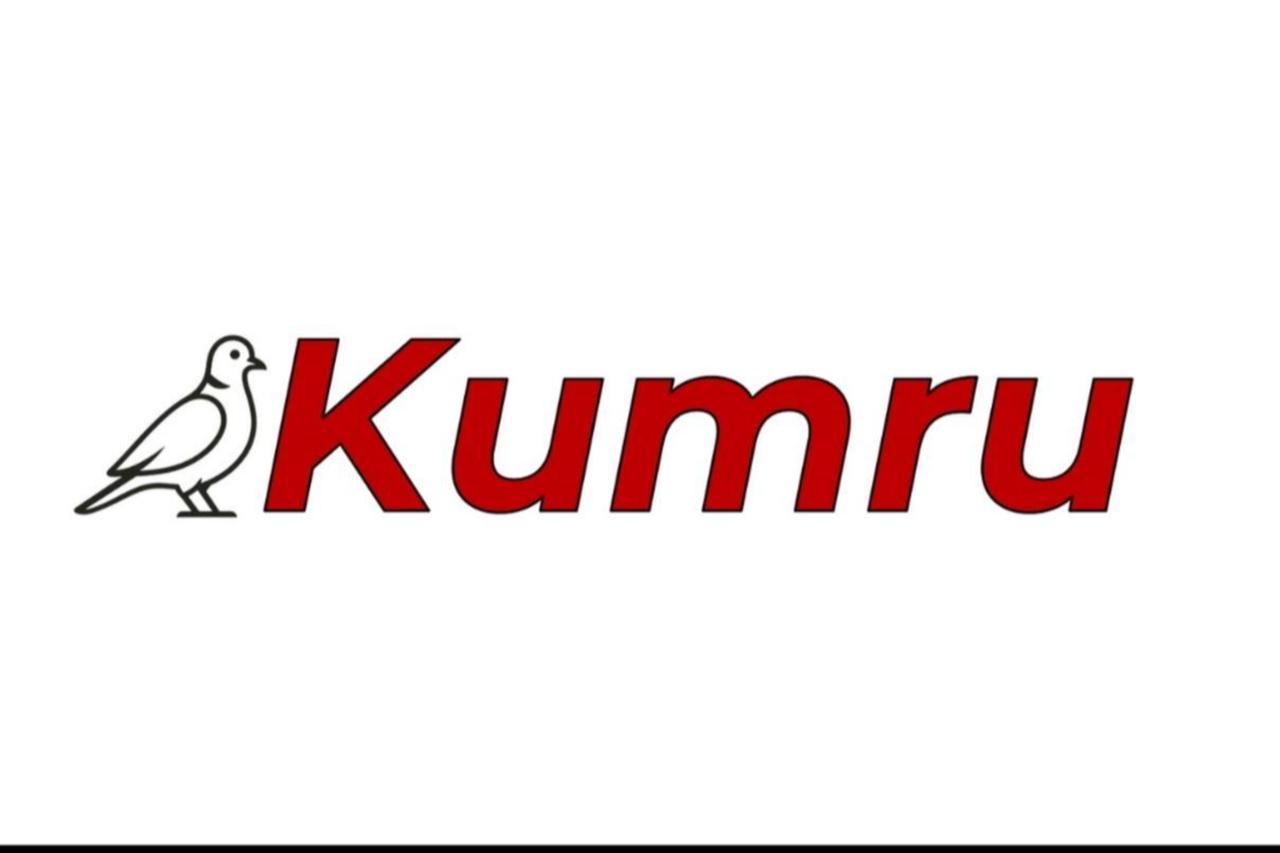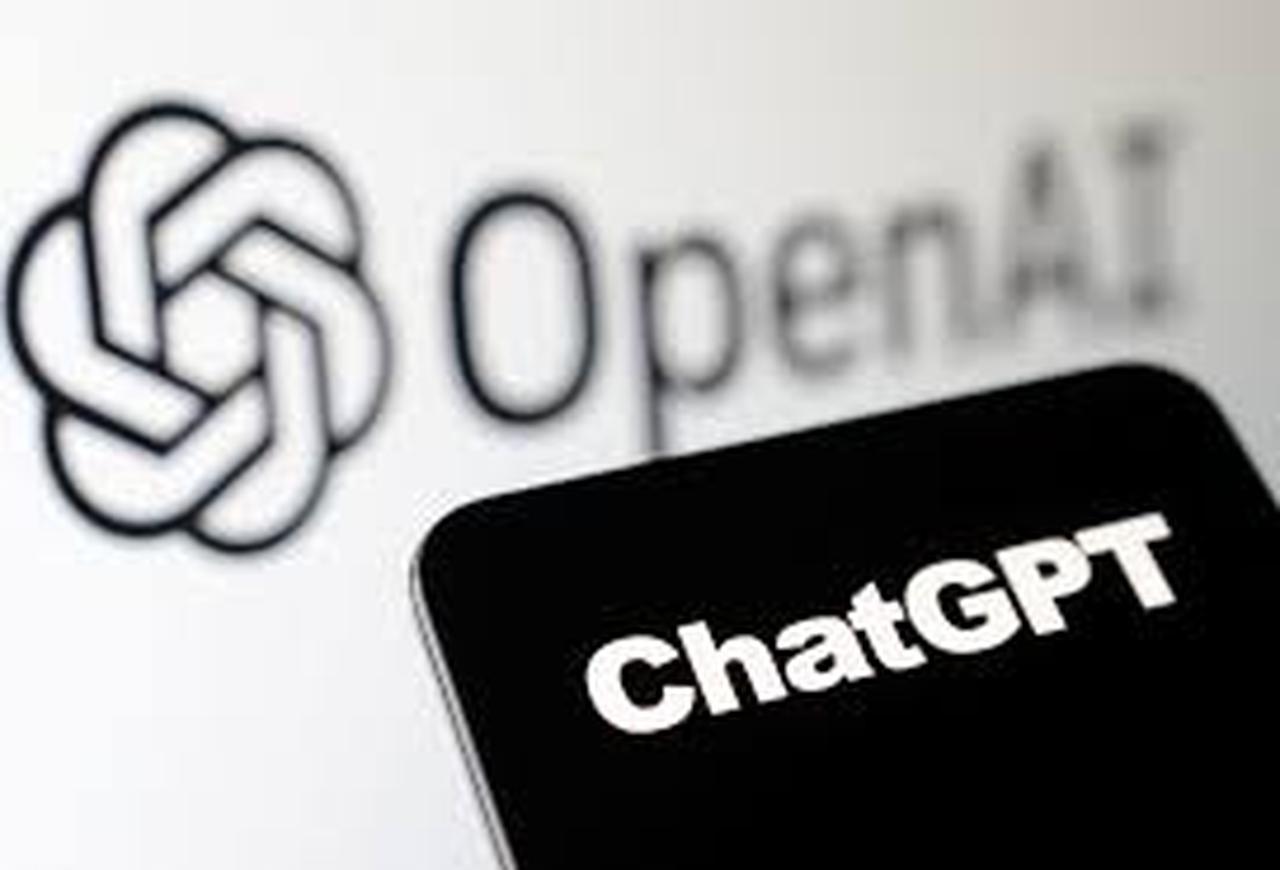
A newly introduced Turkish-made artificial intelligence model, Kumru, has quickly captured national attention—though not entirely for the reasons its developers might have hoped.
The AI tool, launched by Turkish tech startup VNGRS, became a trending topic on social media after users began sharing its humorous and inaccurate responses to basic questions.
In one viral post, a user asked Kumru to calculate 1+1. Instead of providing a simple result, the AI divided, multiplied, and confidently replied with 804.
In another case, when asked how many continents exist, Kumru correctly said “seven” but listed Africa twice.
These and similar errors have fueled online jokes and memes, positioning Kumru as both a curiosity and a conversation starter in Türkiye’s fast-evolving AI landscape.
Despite the jokes, Kumru represents a serious technological step for Türkiye.
Developed by VNGRS engineers, the model is based on Meta’s LLaMA-3 architecture and includes 7.4 billion parameters, a scale significant enough to enable sophisticated natural language processing tasks in Turkish.
Unlike most large AI models that require heavy computational power, Kumru can run smoothly even on consumer-grade GPUs with just 16 GB of VRAM, making it accessible for companies that lack massive infrastructure or budgets.
This feature positions Kumru as a potential solution for Turkish organizations seeking AI capabilities without reliance on foreign cloud platforms.
While Kumru’s launch sparked public excitement, the developers were quick to clarify what the model is—and isn’t. It is not designed as a consumer-facing alternative to ChatGPT.
Rather, the model is being built primarily for corporate and institutional use, where data privacy and regulatory compliance are of paramount importance.
VNGRS, in its social media post, emphasized that Kumru is still in its early version, labeled 0.2.1, and its public web interface is merely a testing portal—not the full-fledged product.
The company cautioned users not to expect the same versatility as ChatGPT, explaining that Kumru’s current focus lies in mastering Turkish language understanding, not in solving mathematical problems or performing advanced reasoning tasks.

The motivation behind Kumru’s development, according to Deniz Oktar, co-founder of VNGRS, lies in Türkiye’s growing demand for secure, locally run AI systems.
Many Turkish institutions, particularly in finance and other regulated industries, face strict rules on data handling that prevent them from using global AI platforms like ChatGPT or Gemini.
Existing open-source models either require expensive hardware or lack sufficient Turkish language capabilities, as most are trained primarily in English or Chinese.
The new model aims to bridge this gap by offering a native Turkish-language model that can operate on-premises, maintaining data sovereignty and security within organizational boundaries.
Beyond VNGRS, Türkiye’s AI research ecosystem remains severely underfunded.
Except for a few university laboratories and foreign-backed private companies, there have been few domestic initiatives on large scale.
Developing competitive AI models is a resource-intensive challenge. Data labeling is costly, large-scale computing infrastructure is limited, and public datasets in Turkish are scarce.
That’s why VNGRS’s decision to release both the dataset and model under the Apache 2.0 license has drawn attention within the country’s tech circles.
In the early days, even the most famous models—such as Facebook’s OPT or Google’s T5 and BART—were far from perfect. They improved over time through post-training and community feedback, and Kumru could follow a similar path.
The consensus among observers is clear: Türkiye has entered the race late, but constructive criticism and public support for open initiatives could help close the gap.